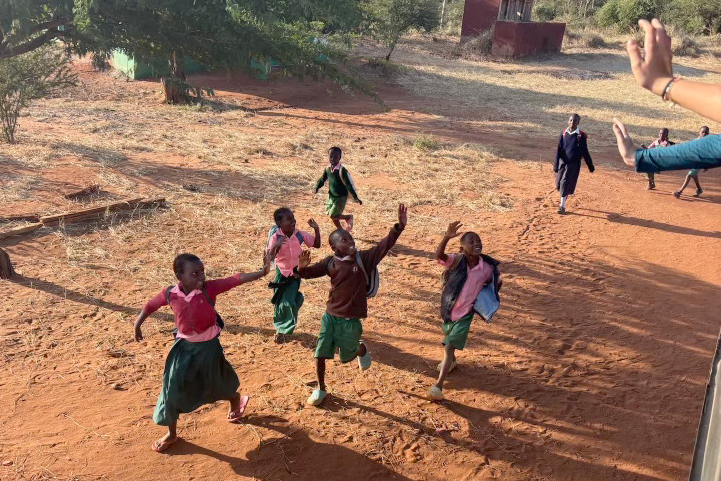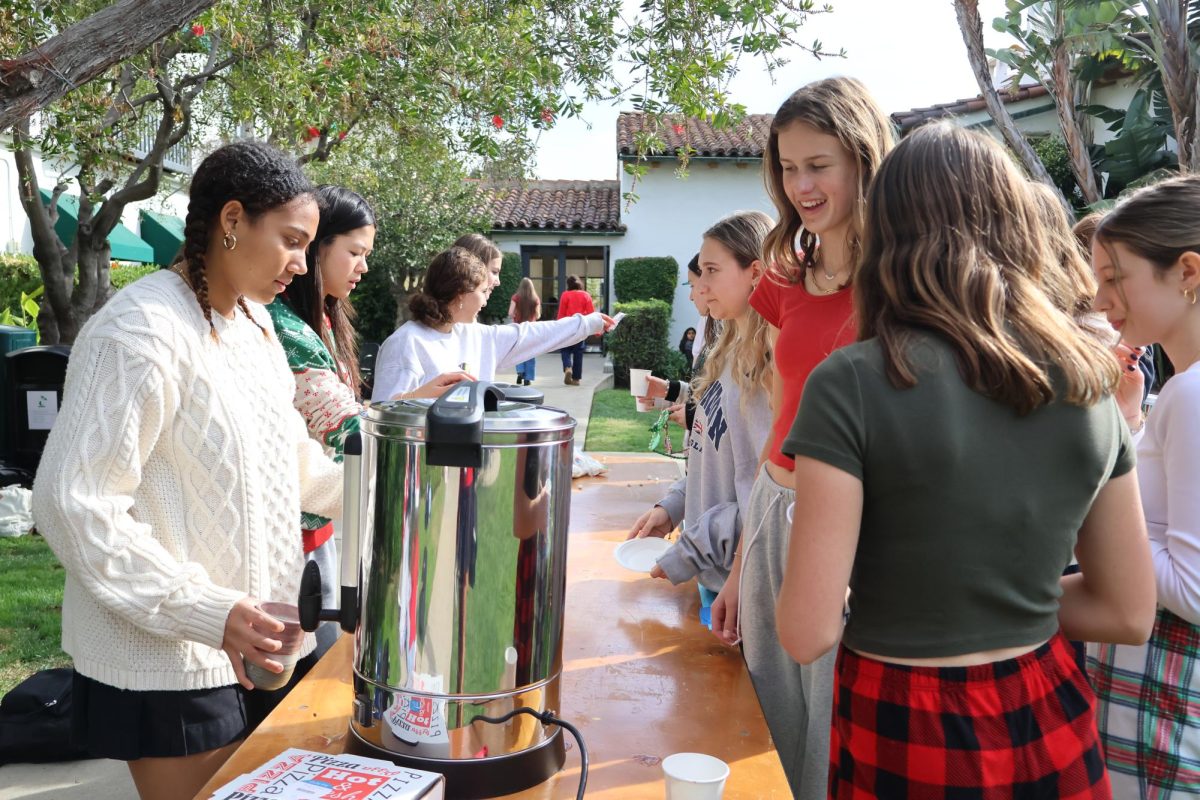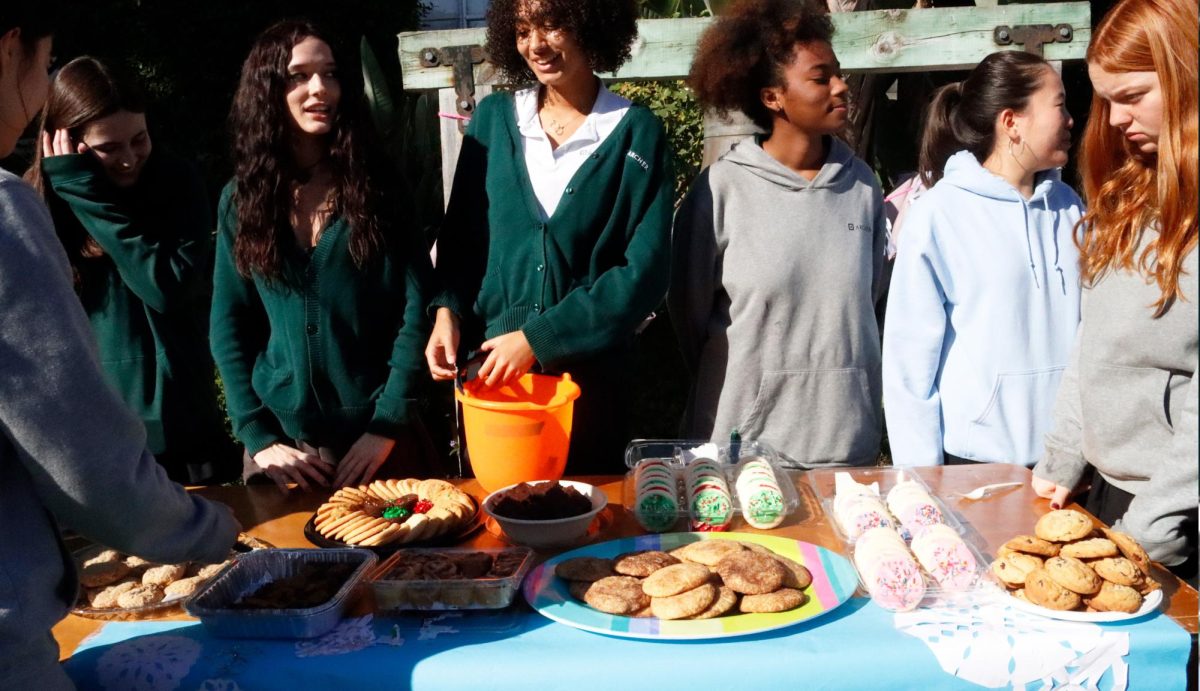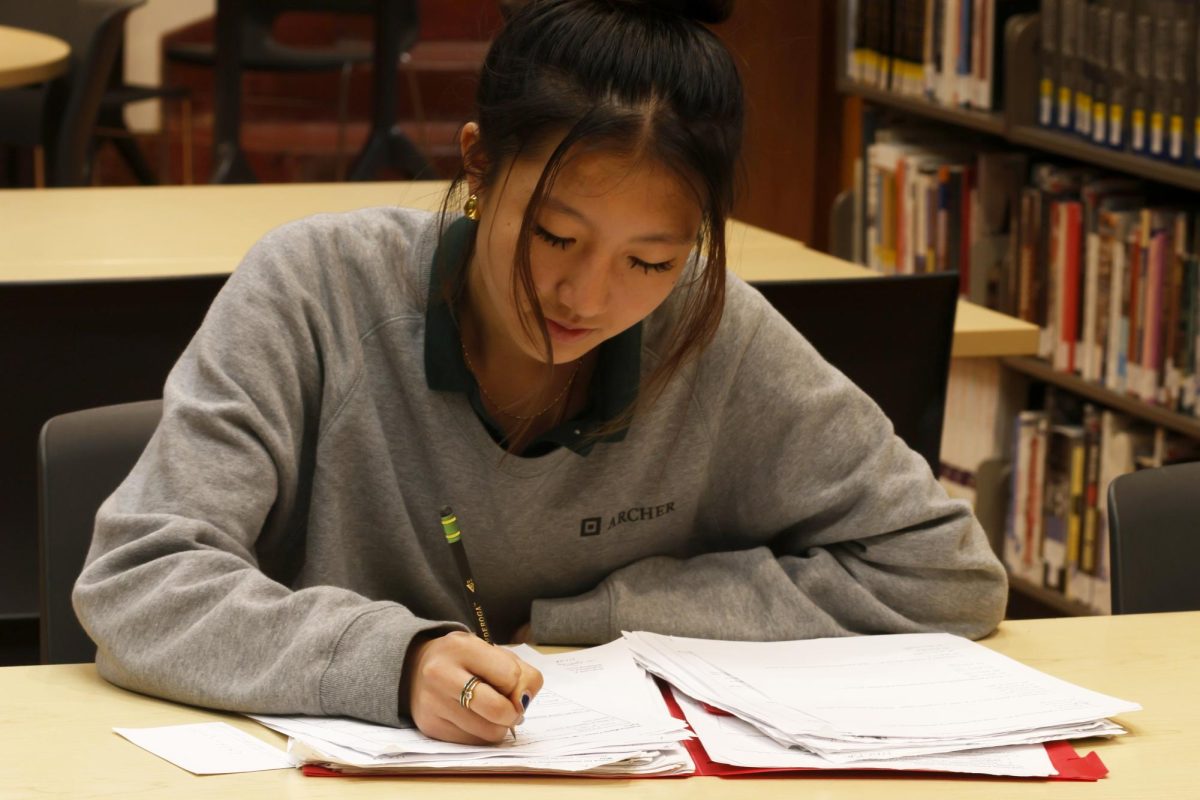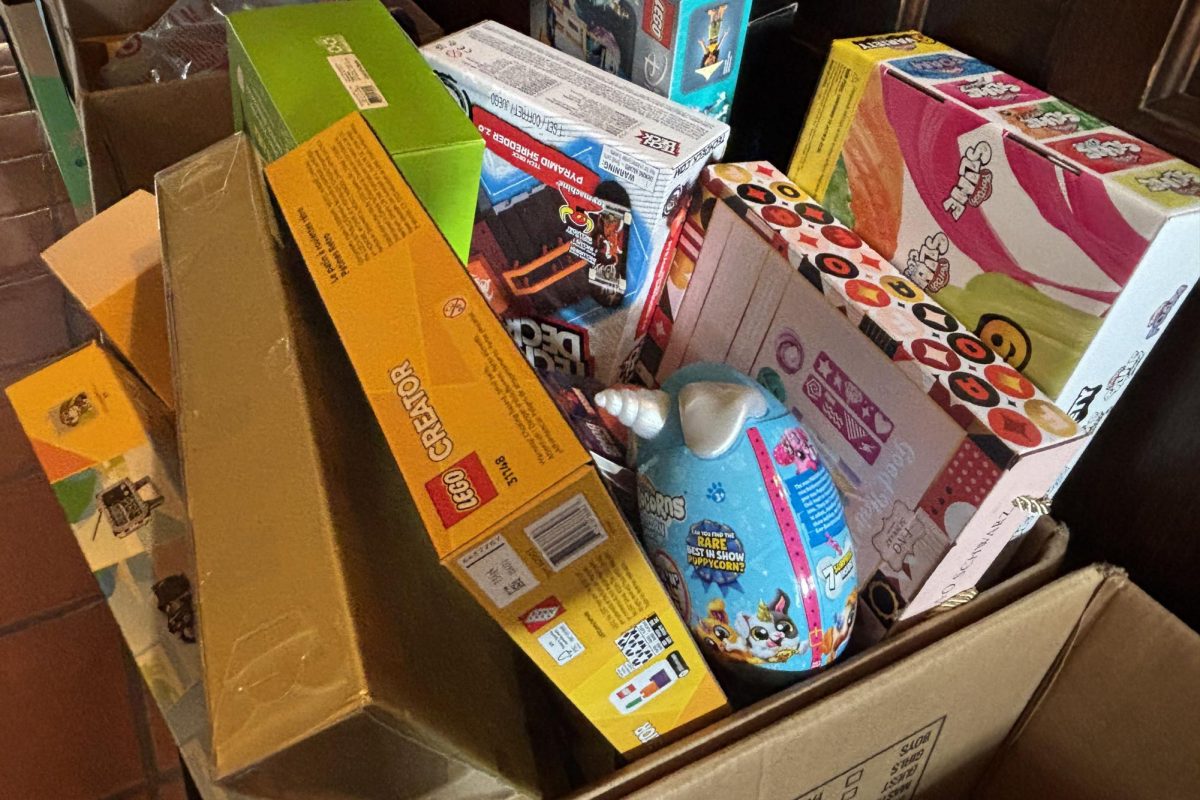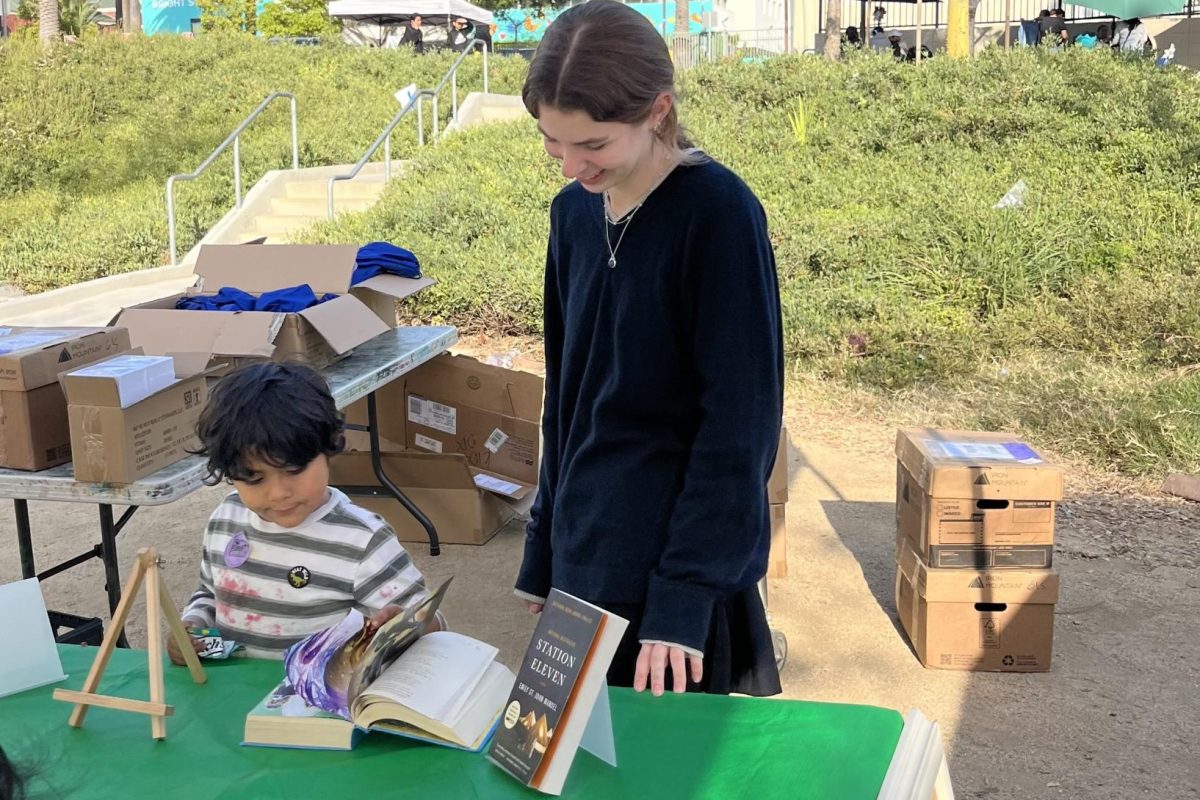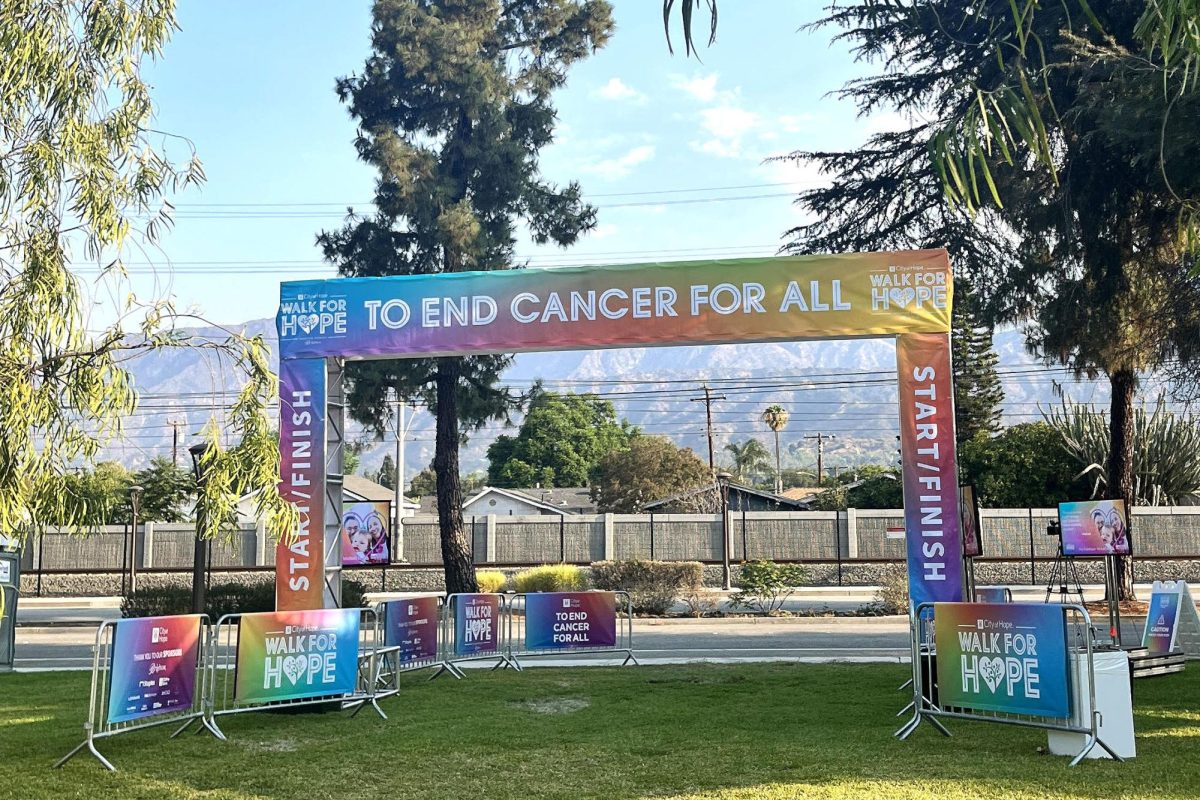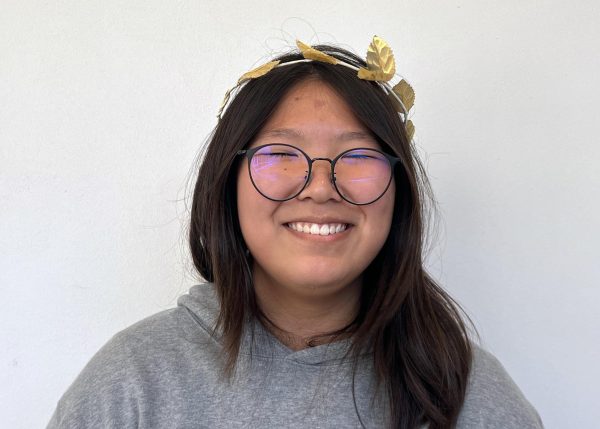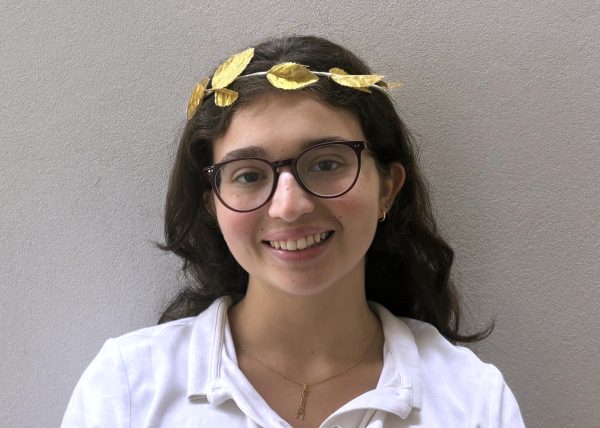The sound of students running on a pebble path follows the sound of goats trotting away. On a sunny day in Kenya, senior Olive Poulos was not expecting to chase after a goat with medicine to deworm it. Surrounding her, fellow Archer students were chasing their own goats. Everyone had the end goal of nurturing healthy, dewormed goats for local populations to sell for profit. This was just one example of the many activities during the Archer Abroad trip to Kenya this past June.
Twenty-one upper school students embarked on an 11-day Archer Abroad trip to Kenya. Students journeyed from Mombasa to Tsavo National Park to learn about how sustainability, conservation efforts and socioeconomic issues differ internationally.
Archer Abroad is a program designed to help students learn and develop language, leadership and community-based skills through travel. Archer Abroad offered two trips for the 2023-2024 year: one focused on civil rights in the American South and another focused on leadership and community engagement in Kenya. The trip was planned in collaboration with WorldStrides, an educational travel organization, and led by science teacher and 12th Grade Dean Casey Huff, learning specialist Danit Kaya and former ceramics teacher Olivia Moon. The trip offered hands-on experience working with local communities and wildlife.
Tying together the sustainable development goals of the United Nations and aspects of Archer’s biology curriculum, students visited local communities and practiced sustainability by making paper out of elephant dung, deworming goats and building bricks to be used for development of schools.
Senior Tavi Memoli said her wanderlust and the fact she had never been to Africa encouraged her to apply for the Kenya trip.
“I was in a really great place in my biology class [last year], and I was loving all the topics we were learning,” Memoli said. “I also knew that I wanted to take Archer’s sustainability course this year. So, when I heard that this trip [was] going to be teaching me about ways to create sustainable habits and help communities incorporate that into their daily lives, I thought it would be a great opportunity to set me up for success for this year.”
Senior Olive Poulos said her passsion for studying animals drew her to apply for the trip, as well as her love for traveling to foreign countries.
“I’ve never been to Africa before, and I was like, ‘When am I ever going to go to Africa ever again?’” Poulos said. “Also, I really love animals, and my goal in college is to work in zoology. So, when I saw that we were going to be able to go on safaris and work hands-on with animals, I was like, ‘This is the perfect opportunity for me.’”
While in Kenya, students aided in conservation efforts, including one at Rukinga Wildlife Sanctuary. At the sanctuary, Huff and students documented their observations on a variety of animal species, and they learned about strong conservation efforts that help restore elephant populations and their unintended effect of increased tourism.
“It was a trade-off,” Huff said. “It’s horrible to kill an animal for just one small piece, but [people] realized greater economic and financial gains by being conservationists, not only for the well being of those ecosystems, but also their tourism industry, which is what supports a lot of people in rural Kenya.”
Poulos said traveling to Kenya cemented her desire to work with wildlife, and it taught her the value of conserving resources and the importance of sustainability.
“It definitely showed me how using the resources you already have is really important and a very good way of living. There [are] so many natural resources that people have and can utilize in different ways. Where we live, obviously not everyone has goats and things to produce their own dairy and meat to sell and trade. But in a lot of parts of the world, that is the way it is,” Poulos said. “It’s a really interesting sustainable practice to be able to produce your own things and live in a more natural environment with different kinds of terrains.”
When reflecting on the trip, Memoli said her favorite memory was feeling welcomed by numerous joyous communities.
“I loved how kind and warmhearted everyone seemed to be. I remember being on the bus going from one place to another, and we would be out the window waving back at the community who was waving to us. We felt very welcomed,” Memoli said. “It’s amazing to see how happy these people are with how little they often have, or the struggle that they have to go through. They still find happiness and joy in the little things.”



